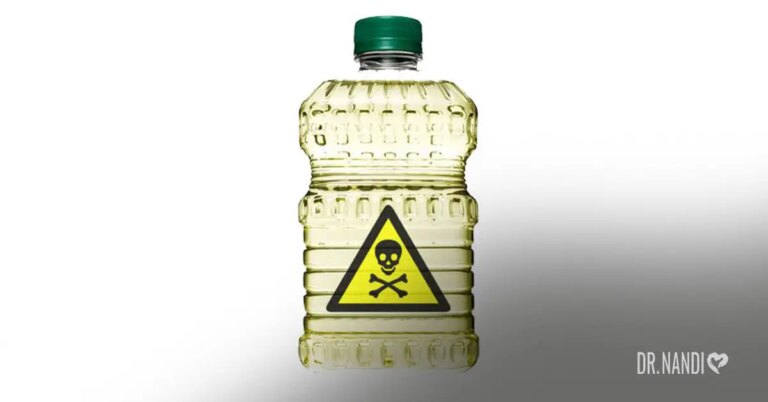A recent study suggests that some household cleaning products could be almost as bad for your lungs as smoking a pack of cigarettes per day. So, if you’re meticulous about cleaning and use chemical solvents – you could be harming your lungs. This is concerning because we rely on proper lung function to pump oxygen into the blood and remove carbon monoxide. Poor lung function could indicate lung disease or the possible development of it.
At What Rate Is Lung Function Affected?
I’m going to chalk this up to my natural instincts to keep me safe – I DON’T LOVE cleaning the house! The latest study hales from Norway where more than 6,200 people were tracked over two decades. Their findings? Women who cleaned at least once a week saw a quicker decline in lung function than those who didn’t clean. For women employed as cleaners, this decline was accelerated. To the point that researchers compared their exposure to that of a pack-a-day smoker for 20 years.
How Do Cleaning Products Affect The Lungs?
So far, researchers think long-term damage occurs when small particles found in cleaning products irritate the mucous membranes in the airways. So, it’s really important to do your homework when it comes to cleaning products. Federal regulations are fairly poor in this area, so it’s up to the consumer to research the risks because products can be unsafe and still sold in stores.
What Can I Do To Avoid Long-Term Damage?
Unfortunately, we can’t avoid cleaning our homes. And since government regulations aren’t in place to protect consumers, we get to be our own health advocate. Try these tips in an effort to reduce exposure:
- Avoid spray cleaning products. If a spray is to be used, spray the product onto a cloth instead of the surface you’re cleaning. This will make it more difficult to breathe in the chemicals.
- Opt for solid and liquid cleaners. These may be safer than sprays, but be sure to read the label and follow safety directions.
- Skip the chemicals altogether. Instead, use lukewarm water and a microfiber cloth. An abrasive sponge may also do the trick.
- Open a window. Make sure the area you’re cleaning is well ventilated.














 Subscribe to Ask Dr. Nandi YouTube Channel
Subscribe to Ask Dr. Nandi YouTube Channel










